New Memorandum of Understanding paves the way for more collaborative research in the Philippines
The partnership will focus on research on multi-hazard preparedness within the country.
21/01/2025 By BGS Press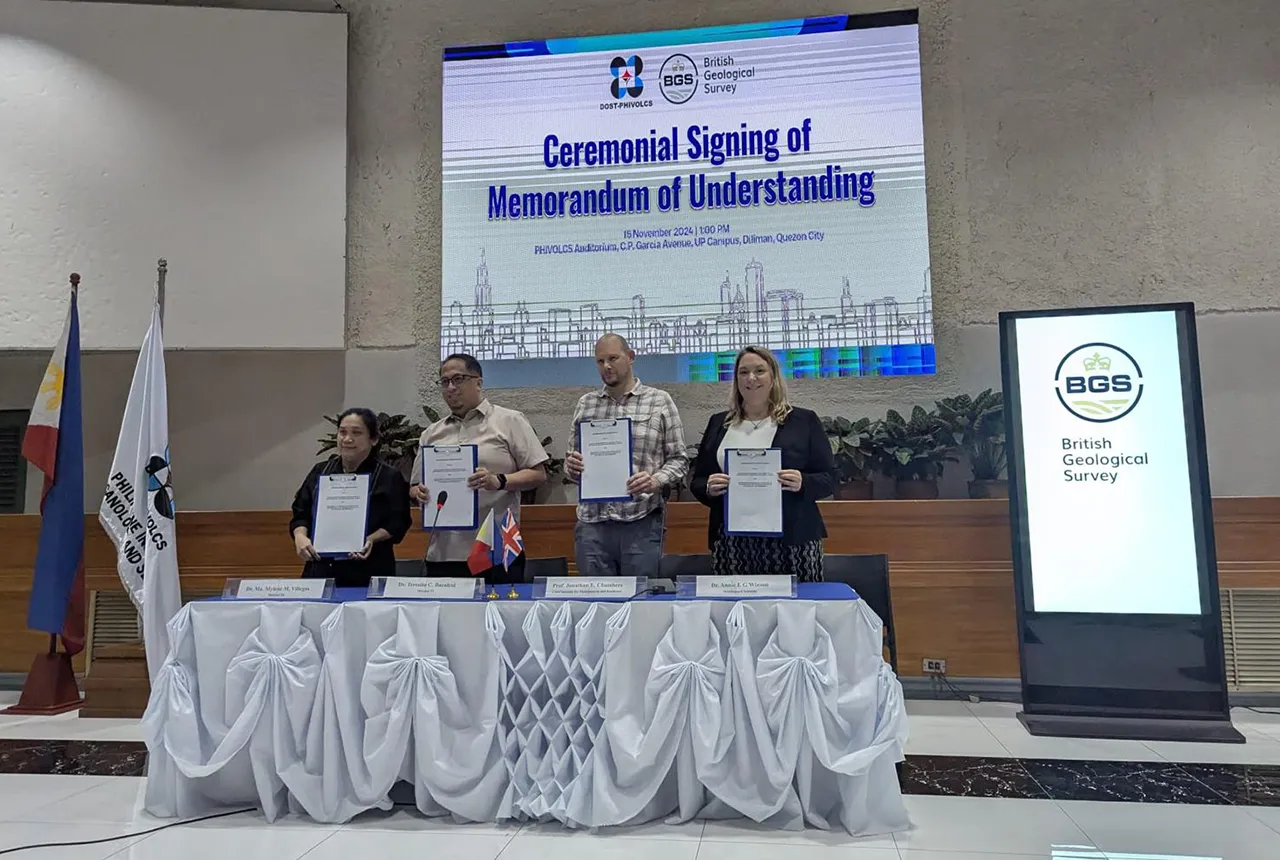
BGS has signed a Memorandum of Understanding (MoU) with the Philippine Institute of Volcanology and Seismology (PHIVOLCS) to strengthen collaboration in research and innovation and to share knowledge on geological hazards.
The Philippines was identified in the World Bank 2024 World Risk Report as the country most at risk from natural hazards, facing the combined risks of volcanoes, earthquakes, rising sea levels, temperatures, and an increased frequency of extreme weather events. The Philippines is also one of the countries most at risk from the effects of climate change.
We’re delighted to have signed this MoU with our Philippine partners, which strengthens our already positive and longstanding relationship. Together, we will continue our important work to reduce the impact of natural hazards within the country, helping to build resilience and supporting PHIVOLCS in their efforts to reduce the impacts on communities due to natural hazards.
Annie Winson, BGS Senior Multihazard Scientist.
The signing took place on 15 November 2024, whilst BGS staff were in the Philippines to undertake a joint workshop on emerging technologies in multi-hazard risk assessment. The MoU builds on a strong existing partnership between BGS and PHIVOLCS, which has been working over the last five years to develop methods for integrating 3D visualisation and virtual reality into hazard mapping and preparedness. This relationship is part of a wider partnership between the Philippines and BGS, which has already produced projects such as PROMT and outputs such as the Philippine National Hydrological Model.
I would like to thank the British Geological Survey for forging this partnership with us. For a country that experiences multiple disasters each year, it is essential that we seek out all available expertise to continuously improve our efforts in disaster preparedness and mitigation. Meanwhile, we at PHIVOLCS commit to sharing our expertise, particularly in the disciplines of earthquake and volcano hazards and risk research. All these have the goal of creating more resilient communities in our respective countries.
Teresito C Bacolocl, director, DOST-PHIVOLCS
Relative topics
Related news

New UK/Chile partnership prioritises sustainable practices around critical raw materials
09/02/2026
BGS and Chile’s Servicio Nacional de Geología y Minería have signed a bilateral scientific partnership to support research into critical raw materials and sustainable practices.

Extensive freshened water confirmed beneath the ocean floor off the coast of New England for the first time
09/02/2026
BGS is part of the international team that has discovered the first detailed evidence of long-suspected, hidden, freshwater aquifers.

Perth and Kinross tops the UK’s earthquake activity charts for 2025
29/12/2025
Seismologists at BGS have published data on the number of seismic events over the past 12 months with over 300 earthquakes recorded.

Hole-y c*@p! How bat excrement is sculpting Borneo’s hidden caves
23/12/2025
BGS researchers have delved into Borneo’s underworld to learn more about how guano deposited by bats and cave-dwelling birds is shaping the subsurface.

BGS awarded funding to support Malaysia’s climate resilience plan
17/12/2025
The project, funded by the Foreign, Commonwealth & Development Office, will focus on minimising economic and social impacts from rainfall-induced landslides.
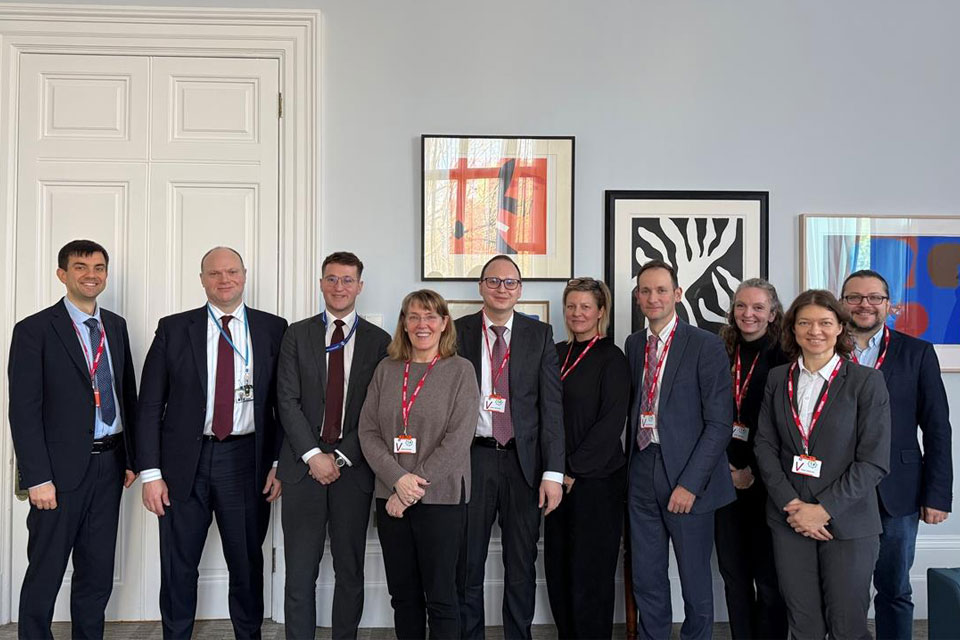
BGS agrees to establish collaboration framework with Ukrainian government
11/12/2025
The partnership will focus on joint research and data exchange opportunities with Ukrainian colleagues.
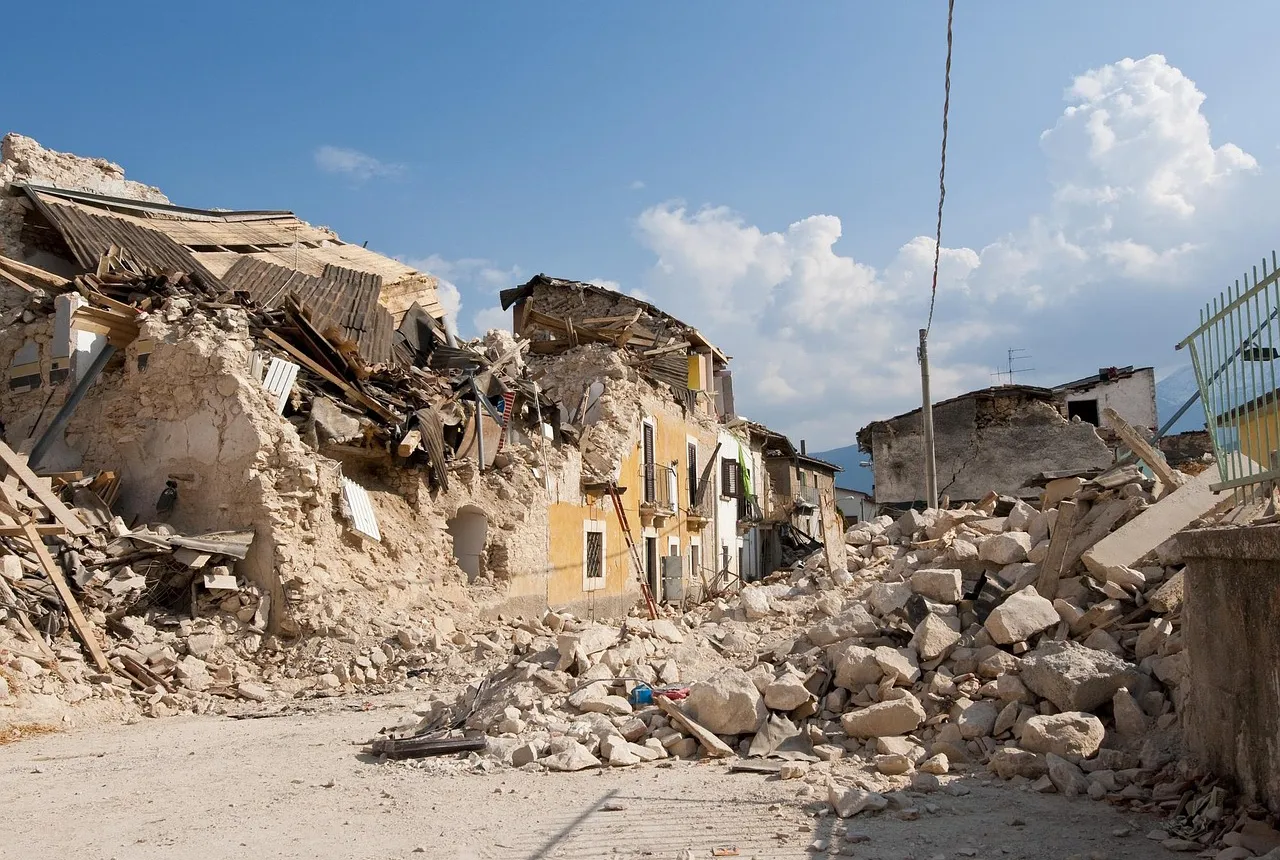
New research shows artificial intelligence earthquake tools forecast aftershock risk in seconds
25/11/2025
Researchers from BGS and the universities of Edinburgh and Padua created the forecasting tools, which were trained on real earthquakes around the world.
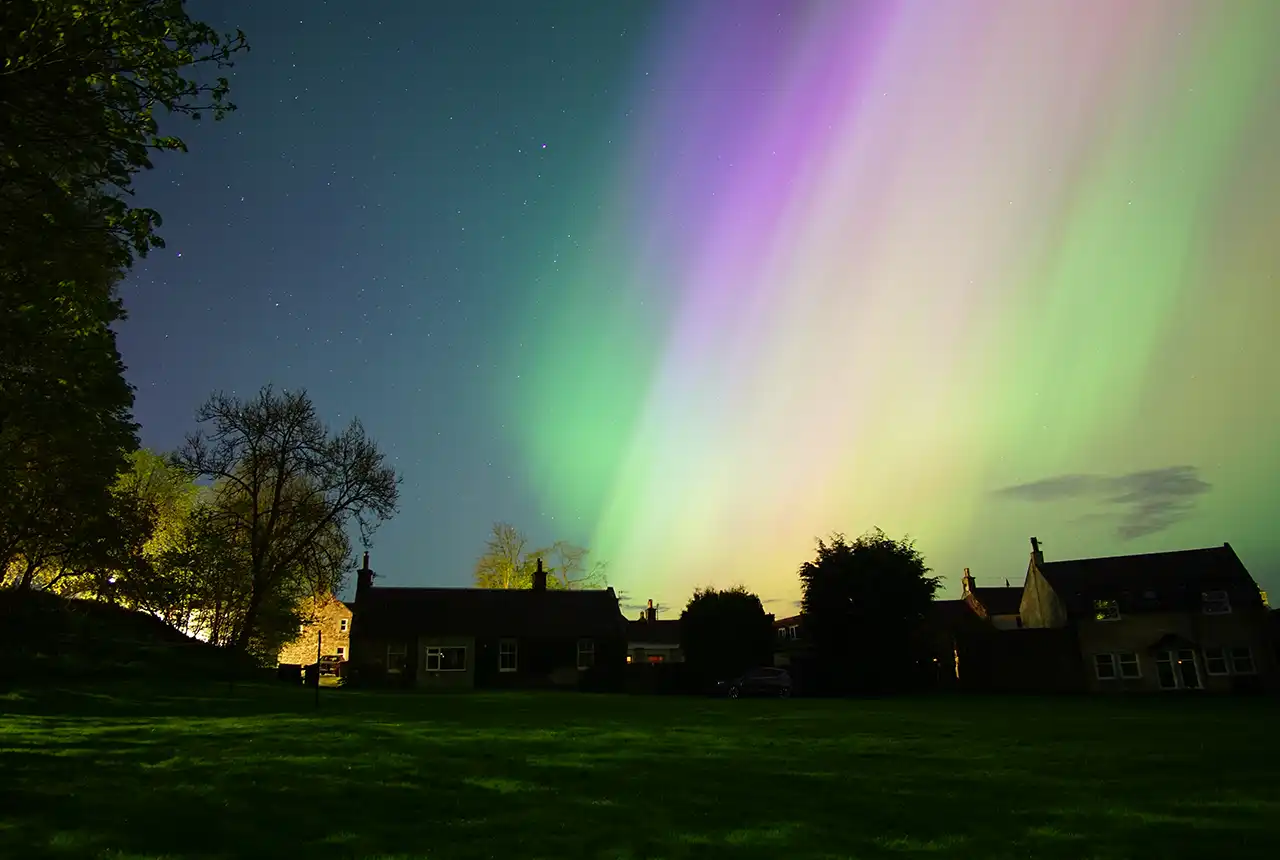
UK braced for what could be the largest solar storm in over two decades
12/11/2025
Intense geomagnetic activity could disrupt technology such as communication systems, global positioning systems and satellite orbits.
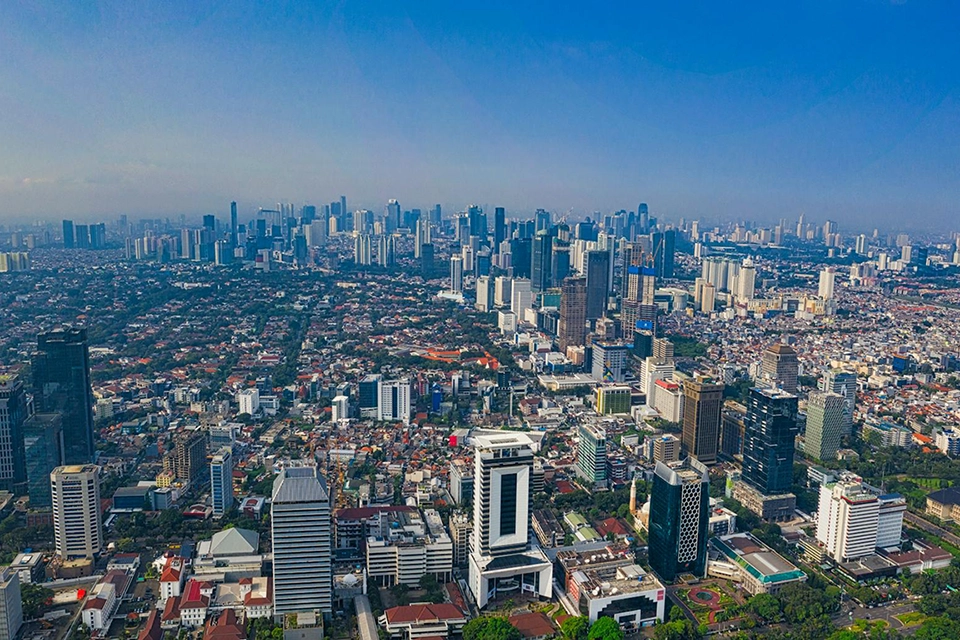
New research highlights significant earthquake potential in Indonesia’s capital city
04/11/2025
Research reveals that a fault cutting through the subsurface of Jakarta could generate a damaging earthquake of high magnitude.
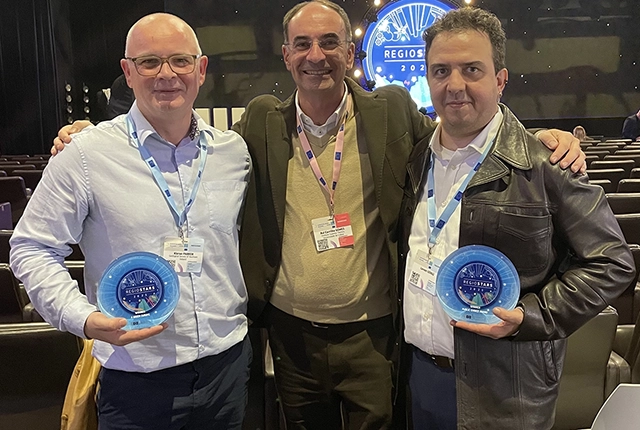
GSNI project wins multiple awards at RegioStars event
17/10/2025
The AGEO project enjoyed a double success at the RegioStars awards, hosted at the European Commission in Brussels.
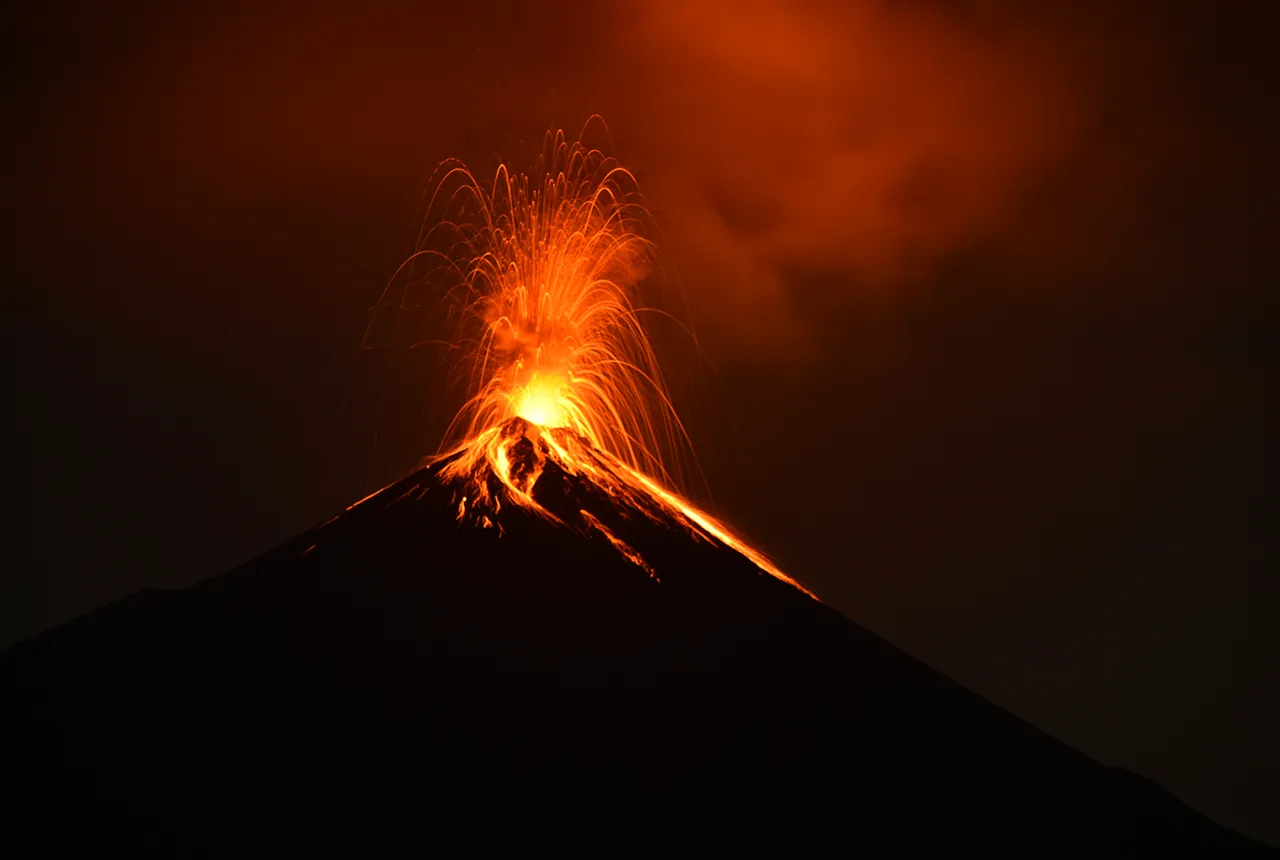
Fieldwork on Volcán de Fuego
13/10/2025
Understanding how one of the world’s most active volcanoes builds up material, and how they collapse to feed hot flows
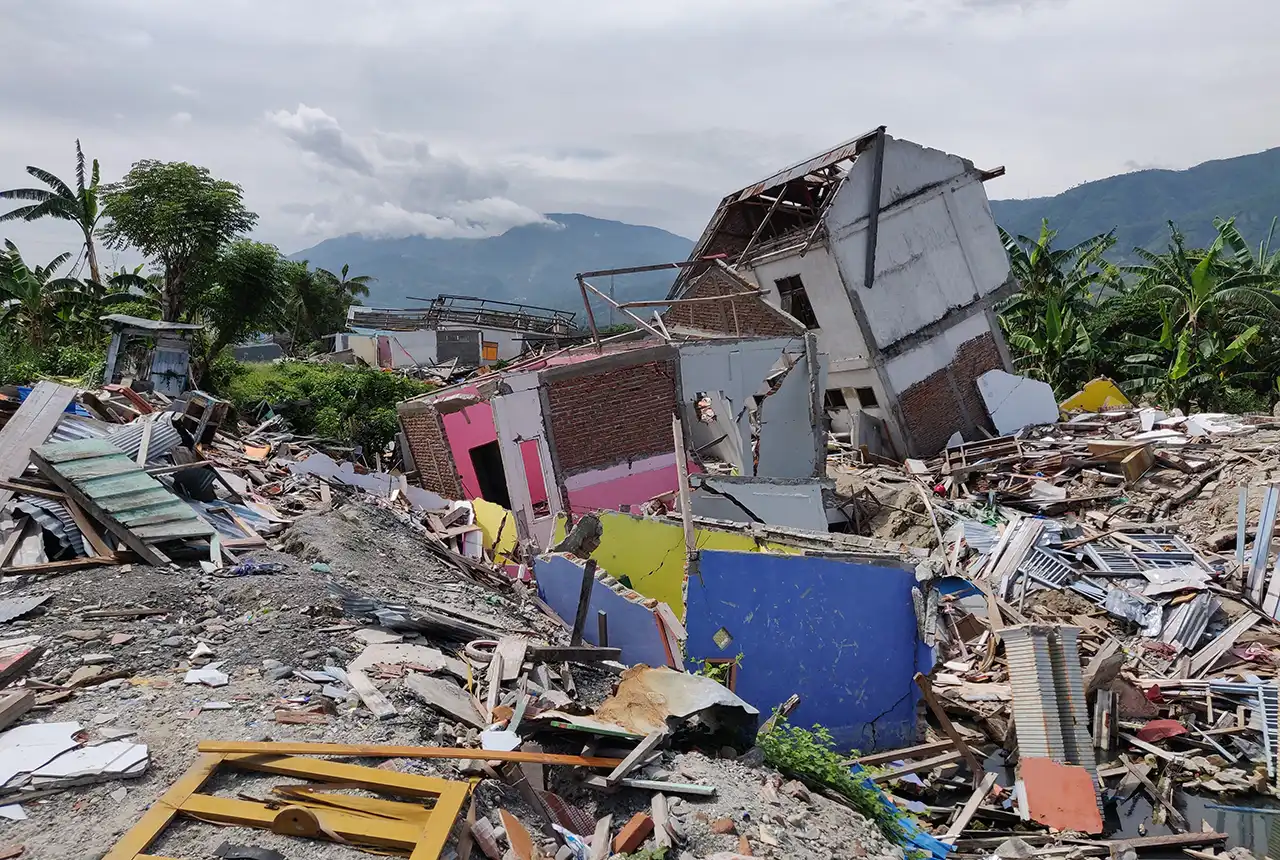
New report sets pathway to reduce the impacts of geohazards in one of the world’s most hazard-prone nations
30/09/2025
A new White Paper, co-developed by Indonesian and UK hazard experts, presents a strategic roadmap to significantly reduce the impacts of geological hazards in Indonesia.



